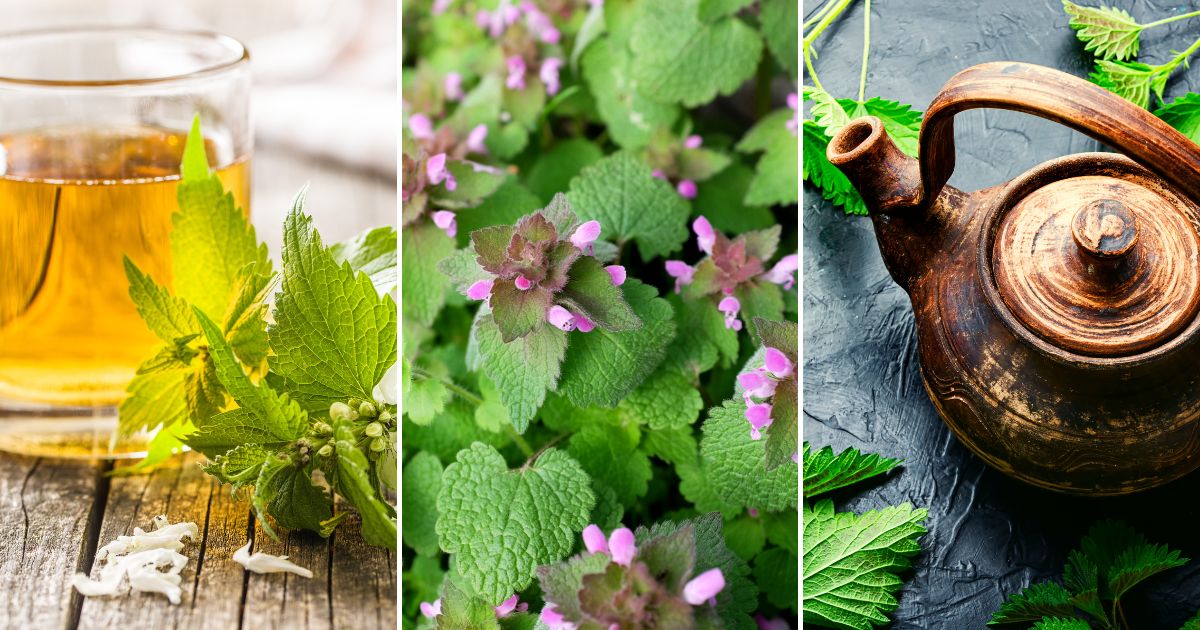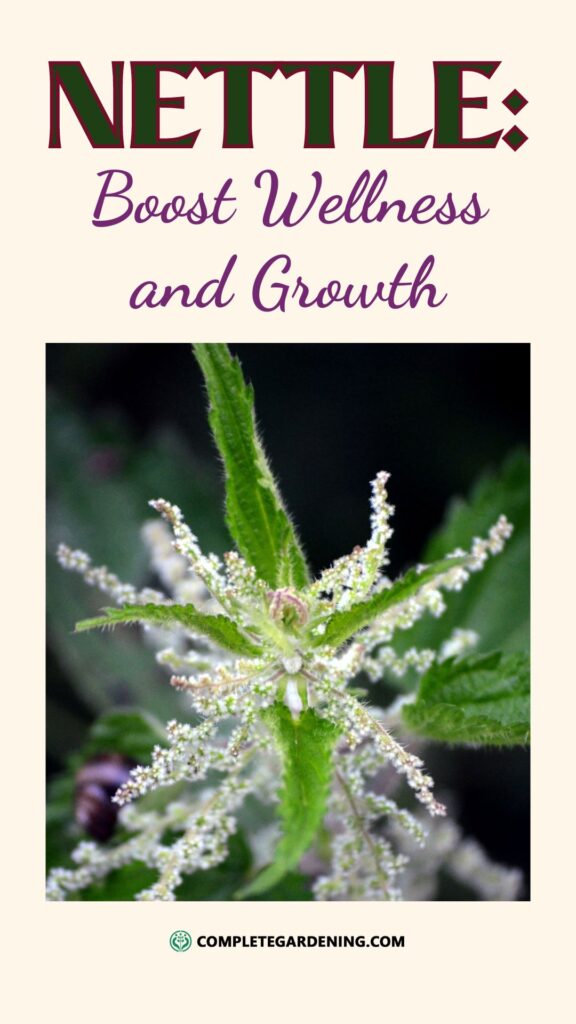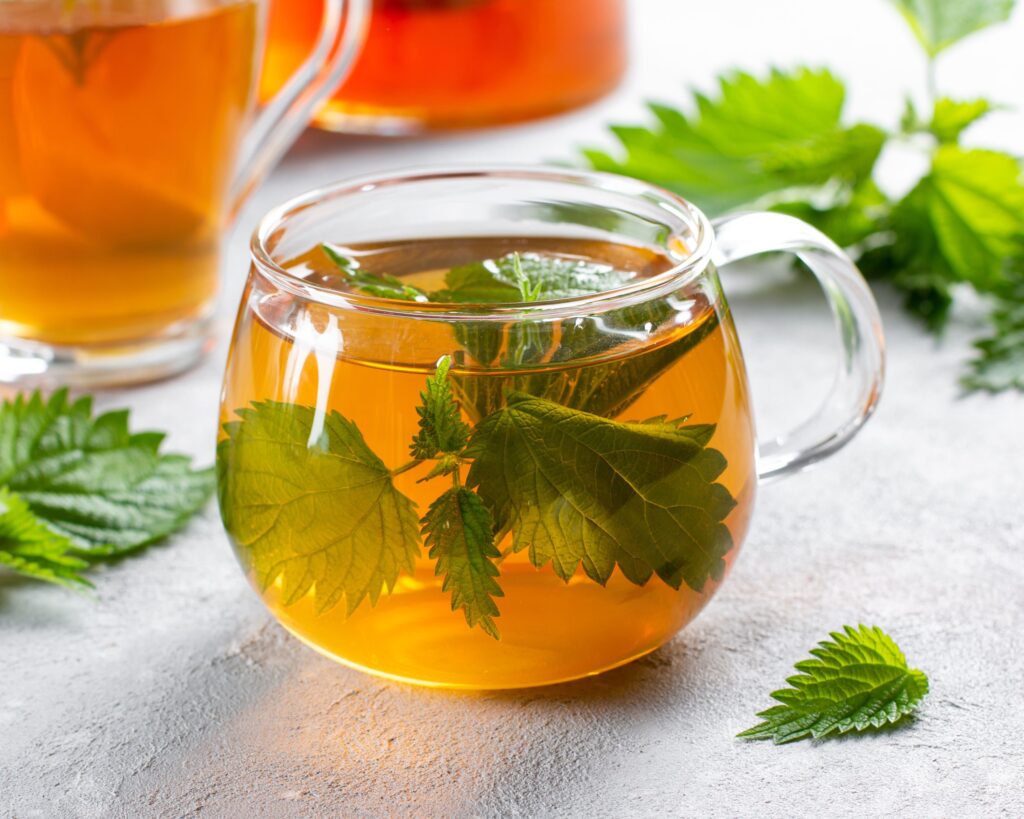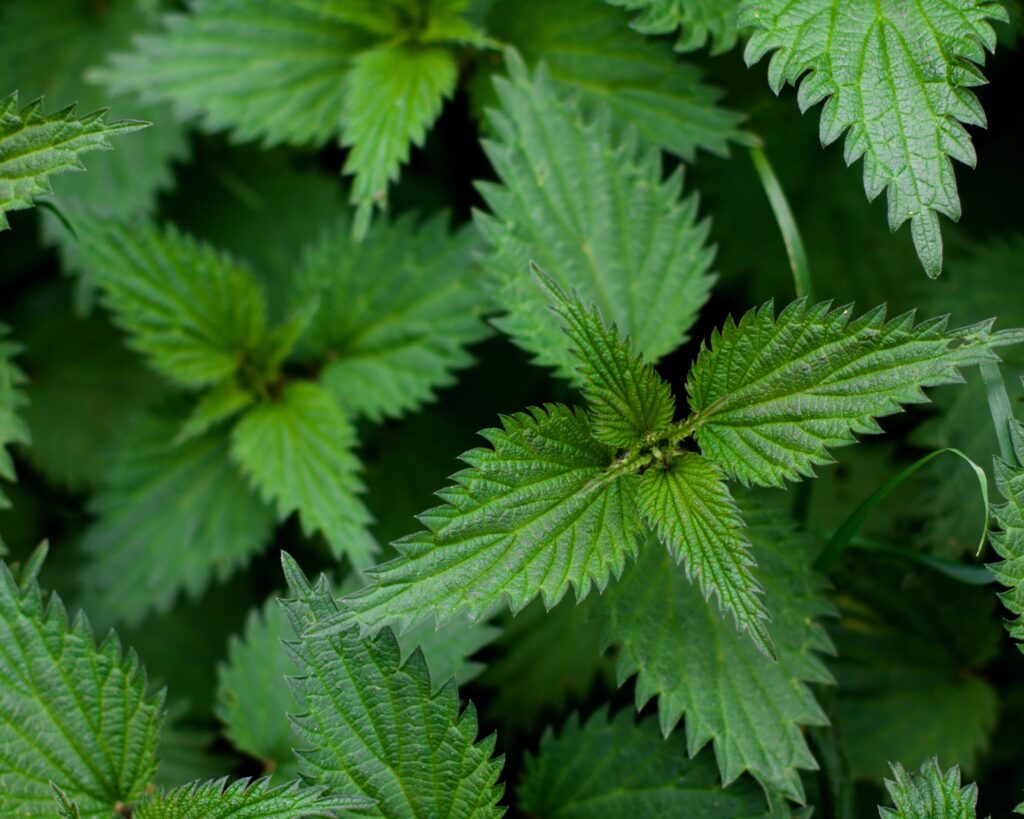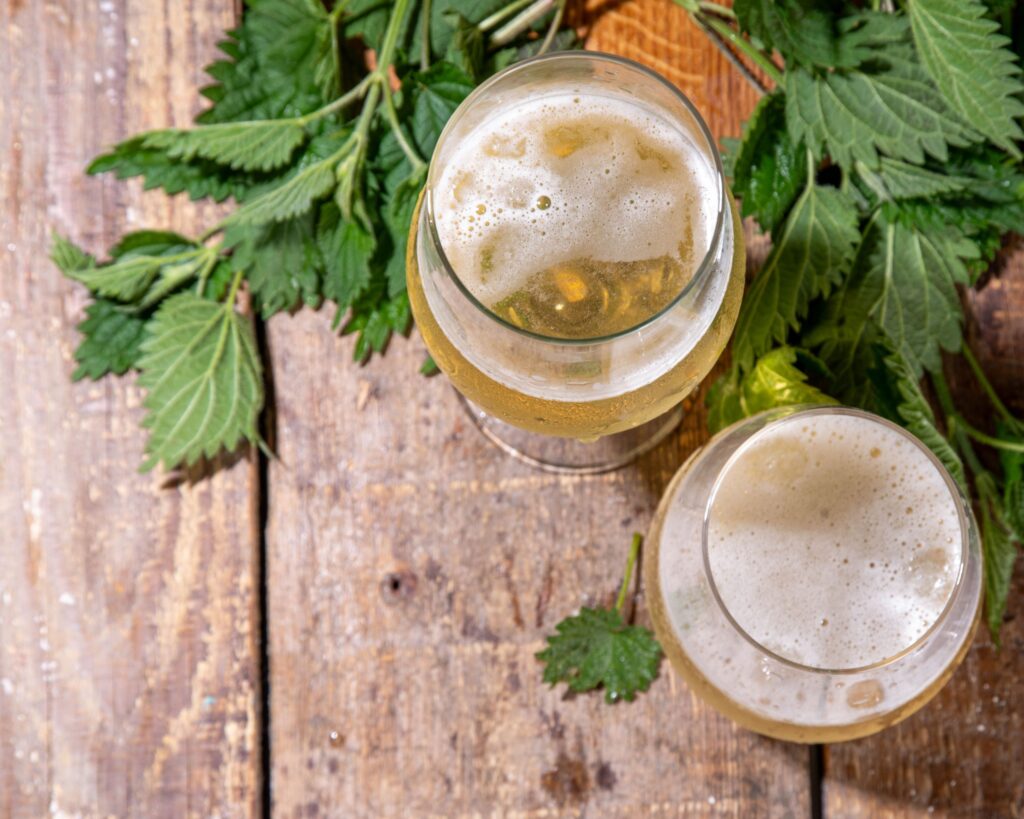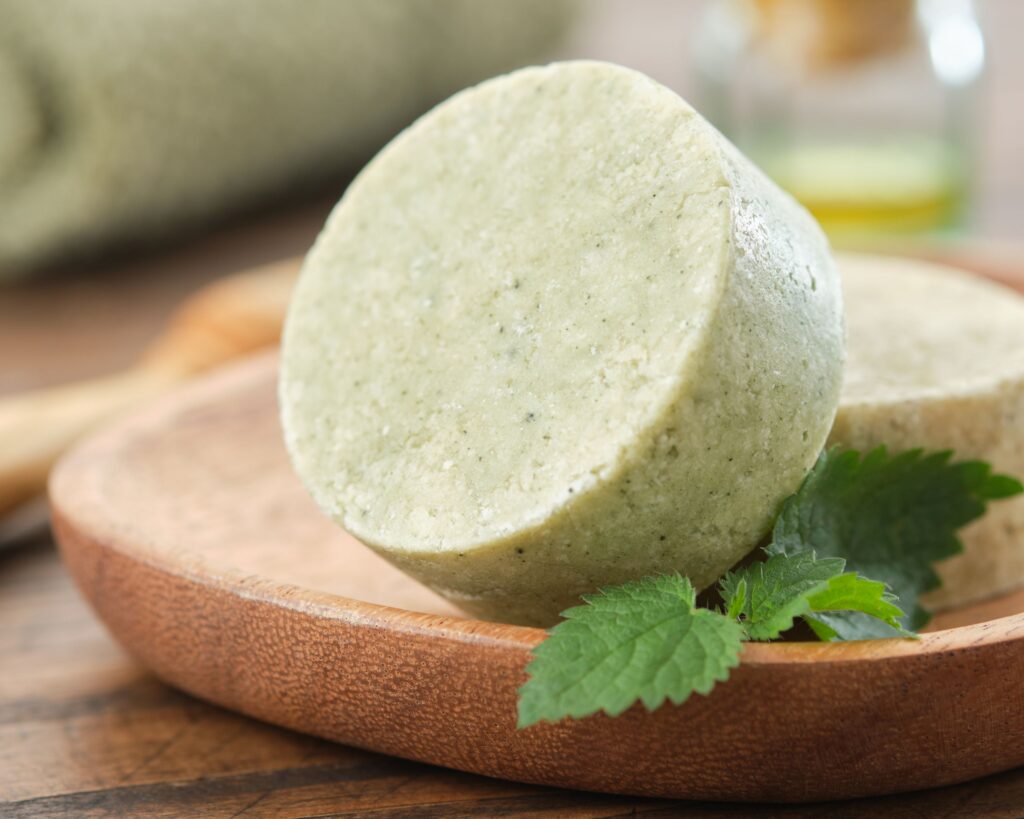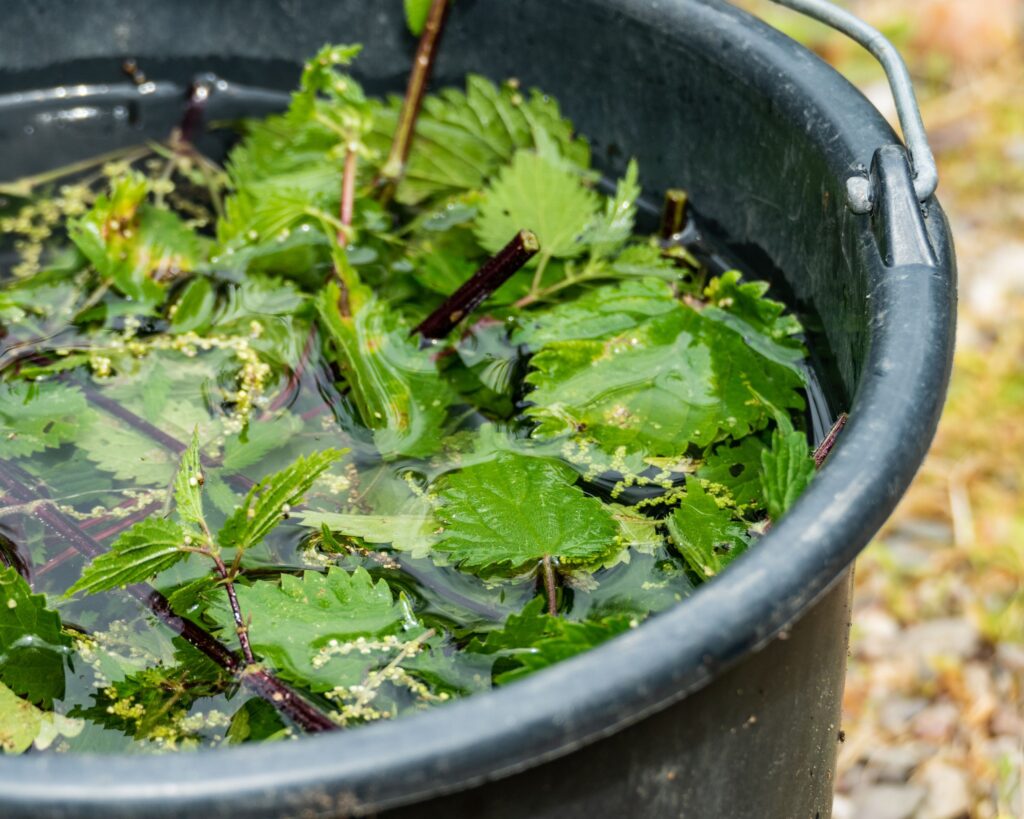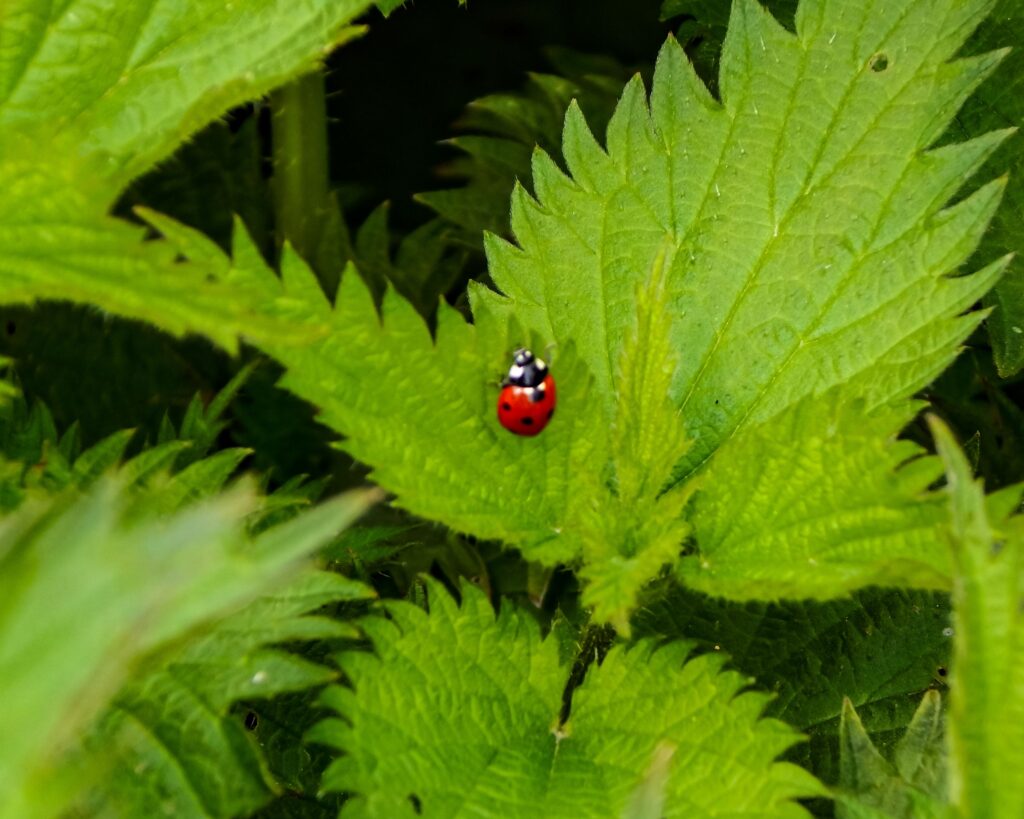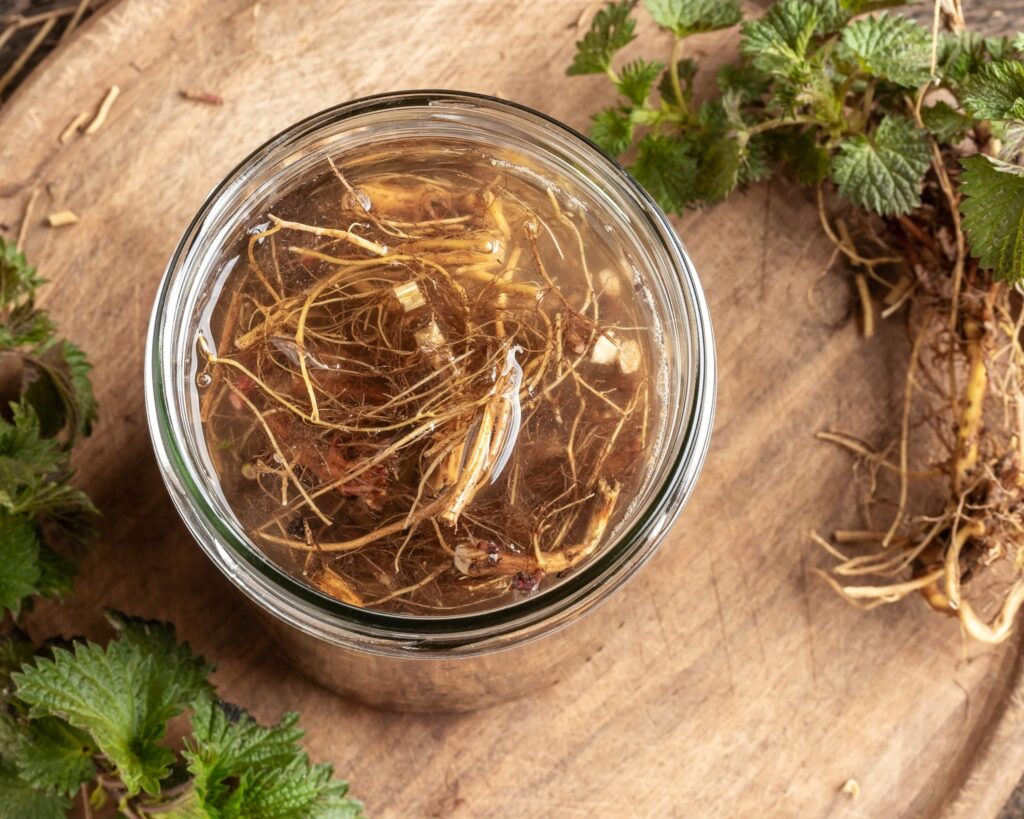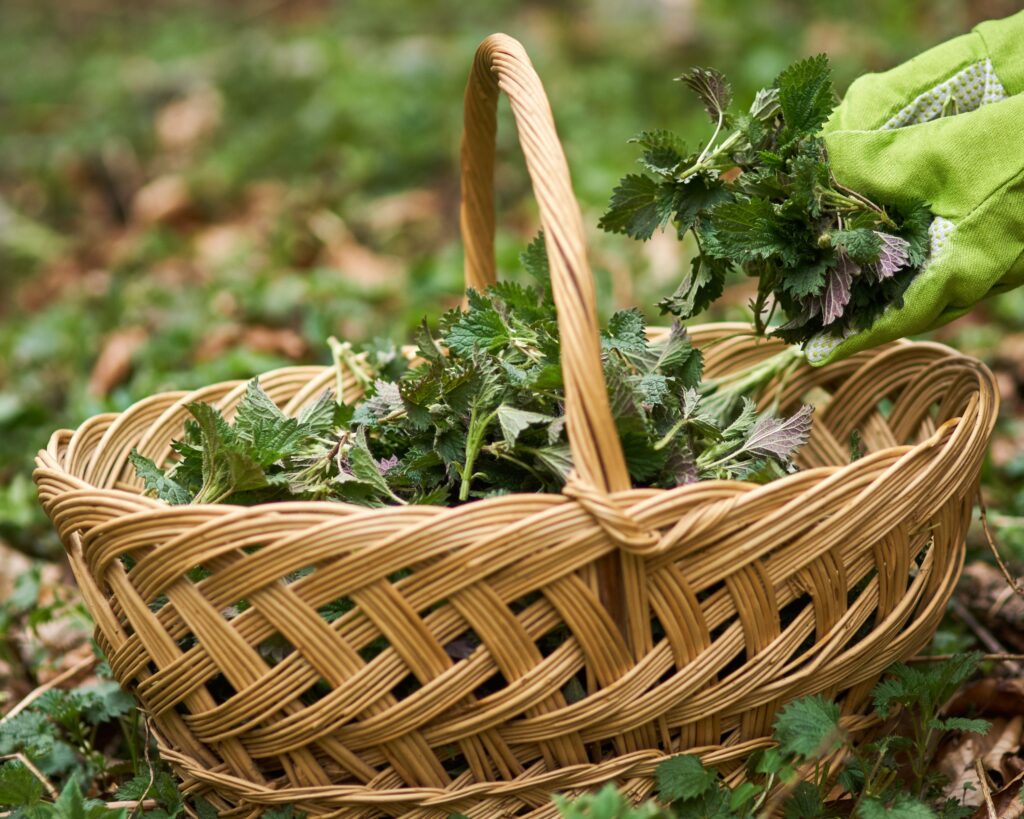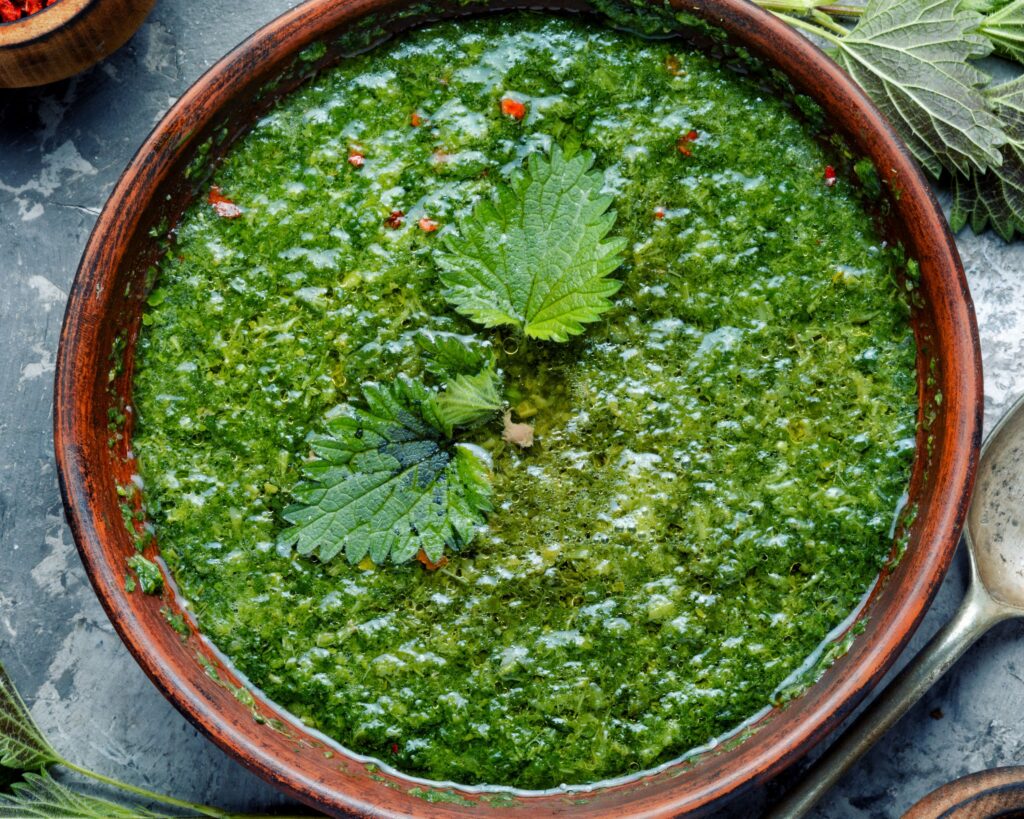We’ve all heard about nettle (Urtica dioica) as that pesky weed that stings if you get too close, but what if I told you it’s actually a plant you’ll want to invite into your life?
Beneath its prickly exterior, nettle is packed with benefits that can boost your health and supercharge your garden.
Used for centuries in everything from herbal remedies to natural fertilizers, nettle has been seriously underrated. Curious about how this misunderstood plant can work wonders for you?
Keep reading to discover why nettle deserves a place in both your garden and your wellness routine.
A Brief History of Nettle’s Uses
Historically, nettle has played an essential role in medicine, textiles, and even food. In ancient Egypt, nettle was used to treat arthritis and lower back pain.
The Romans famously used nettle as a remedy for muscle pain, while ancient Greeks recognized its diuretic and anti-inflammatory properties.
Beyond medicinal purposes, nettle fibers were once spun into a durable fabric, and the plant has been eaten as a nutritious green in many cultures throughout history.
Today, nettle remains relevant, not just as a wild food source or herbal remedy, but also as a natural solution for various gardening challenges. Let’s dive deeper into why nettle deserves a place in both your garden and your wellness routine.
The Health Benefits of Nettle
1. Nutritional Powerhouse
Nettle is packed with essential nutrients, making it an excellent addition to your diet. It contains high levels of vitamins A, C, and K, as well as several B vitamins. Nettle is also rich in calcium, iron, magnesium, phosphorus, and potassium.
Whether used fresh in soups and stews or consumed as a dried tea, nettle provides a powerful nutritional boost.
Nettle’s high iron content makes it especially beneficial for people with anemia or low energy levels. Regular consumption of nettle tea or soup can help restore energy and vitality, thanks to its iron and vitamin C, which work together to enhance iron absorption.
2. Anti-Inflammatory and Pain Relief
One of nettle’s most famous medicinal uses is its ability to reduce inflammation and pain. It contains bioactive compounds that inhibit the production of inflammatory chemicals in the body, which makes it useful for conditions like arthritis, gout, and joint pain.
Nettle can be consumed as a tea or taken as a supplement to help reduce chronic pain and inflammation.
In some cultures, a traditional practice called urtication involves applying fresh nettle leaves directly to painful areas of the body. The stinging sensation is believed to stimulate circulation and reduce pain in conditions such as arthritis and sciatica.
3. Allergy Relief
Nettle is a natural antihistamine, making it a powerful remedy for allergy sufferers. It helps reduce symptoms like sneezing, itching, and nasal congestion, making it particularly useful during allergy season.
Nettle tea or supplements can provide relief from hay fever and seasonal allergies without the side effects of conventional antihistamines.
4. Supports Healthy Digestion
Nettle has long been used to support digestive health. It acts as a mild diuretic, helping to flush out toxins and excess fluids from the body. Nettle can also soothe digestive discomfort, improve kidney function, and support the liver’s detoxification processes.
By stimulating the digestive system, nettle helps maintain a healthy gut and promote overall wellness.
5. Skin and Hair Benefits
For those seeking natural skincare and hair solutions, nettle is a game changer. It’s often used to treat skin conditions like eczema, acne, and rashes due to its anti-inflammatory and astringent properties.
Nettle-infused oils or teas can be applied topically to calm irritated skin or as a natural hair rinse to strengthen hair and reduce dandruff. The high mineral content in nettle helps stimulate hair growth and improves scalp health.
Nettle in the Garden: A Gardener’s Best Friend
Nettle isn’t just good for your body – it’s a powerful ally in the garden, too. Here’s how nettle can enhance your garden’s health and productivity.
1. Nettle as a Natural Fertilizer
Nettle can be turned into an incredibly effective and eco-friendly fertilizer. By making a simple nettle tea or compost, you can feed your plants with a nutrient-rich solution that encourages vigorous growth.
Nettle fertilizer is high in nitrogen, making it an excellent choice for plants that need a nutrient boost, such as leafy greens and fruit-bearing plants.
Here’s how to make nettle fertilizer:
- Step 1: Harvest a generous amount of fresh nettle leaves. Wear gloves to avoid being stung.
- Step 2: Place the leaves in a large container and cover them with water.
- Step 3: Let the mixture steep for 2-3 weeks, stirring occasionally. The longer it sits, the stronger it becomes.
- Step 4: Strain the liquid and dilute it with water (1 part nettle tea to 10 parts water) before applying it to your plants.
This homemade fertilizer is packed with essential nutrients like nitrogen, magnesium, calcium, and iron, all of which are crucial for plant health.
2. Pest Deterrent
Nettle can help deter harmful pests from your garden. Aphids, for example, are less likely to invade areas where nettles are growing. Additionally, beneficial insects like ladybugs and butterflies are attracted to nettle, making it a valuable companion plant.
By encouraging these natural predators, nettle helps keep harmful insect populations under control.
3. Compost Accelerator
Adding nettle to your compost pile can speed up the decomposition process. Nettle is rich in nitrogen, which acts as a compost activator. By adding nettle leaves to your compost, you can create a nutrient-rich blend that will improve soil health and fertility.
To use nettle as a compost booster, simply mix the leaves into your compost pile, ensuring they are evenly distributed. The nitrogen in the nettles helps break down organic matter more quickly, resulting in richer, more fertile compost for your garden.
4. Soil Health Enhancer
Nettle’s deep roots help improve soil structure by breaking up compacted soil and drawing up nutrients from deeper layers.
When you grow nettles in your garden, they act as dynamic accumulators, absorbing minerals and nutrients from the soil, which can then be returned to the surface when the plant is cut back or composted.
Growing nettle around the edges of your garden or in neglected areas can improve soil quality over time, making your garden healthier and more productive.
5. Nettle as a Companion Plant
Nettle makes an excellent companion plant for many crops. It encourages the growth of nearby plants by improving soil fertility and attracting beneficial insects. It’s particularly helpful when grown near plants that require nitrogen, such as tomatoes, cucumbers, and beans.
Additionally, nettle can increase the production of essential oils in aromatic herbs like mint, basil, and rosemary. By planting nettle nearby, you can enhance the flavor and fragrance of your herbs.
Harvesting and Handling Nettle
Harvesting nettle requires a bit of caution due to its stinging hairs. Always wear gloves and long sleeves when handling fresh nettle. The best time to harvest is in the spring, when the leaves are young and tender.
After cutting the nettle, you can dry the leaves for tea or use them fresh for cooking or making fertilizer.
Once nettle is dried or cooked, the stinging effect disappears, leaving behind a highly nutritious and beneficial plant.
How to Use Nettle at Home
Incorporating nettle into your daily routine is easy. Here are a few simple ways to make the most of nettle’s benefits:
- Nettle Tea: Steep dried nettle leaves in hot water for 10-15 minutes. Enjoy this nutrient-packed tea as a daily tonic for improved health.
- Nettle Soup: Use fresh nettle leaves in soups, similar to spinach or kale. Nettle adds a rich, earthy flavor and a nutritional boost to your meals.
- Nettle Hair Rinse: Boil nettle leaves in water, let it cool, and use the liquid as a final rinse after shampooing to promote hair growth and reduce dandruff.
- Nettle Infused Oil: Infuse nettle leaves in oil (such as olive or coconut oil) and apply it to your skin to soothe irritation or massage into your scalp for healthier hair.
Nettle may have a reputation as a prickly weed, but it’s so much more than that. From its impressive health benefits to its ability to enhance your garden’s productivity, nettle is a versatile powerhouse that shouldn’t be overlooked.
Whether you’re looking to improve your health or boost your garden’s fertility, incorporating nettle into your life can offer a range of powerful benefits.
Embrace nettle’s potential and let this underestimated plant work wonders for you and your garden.
